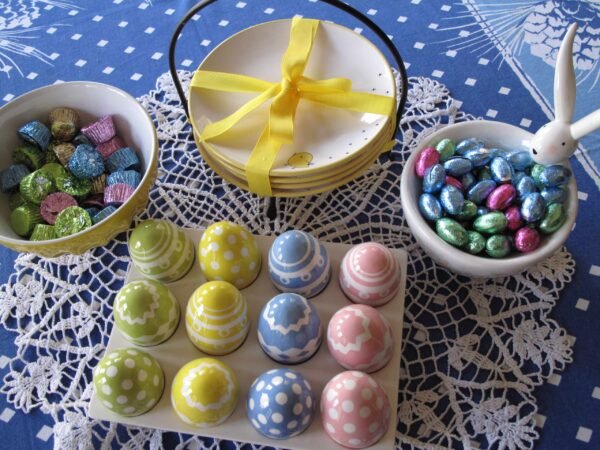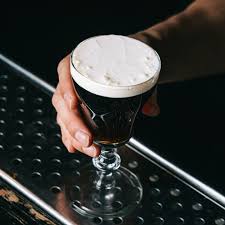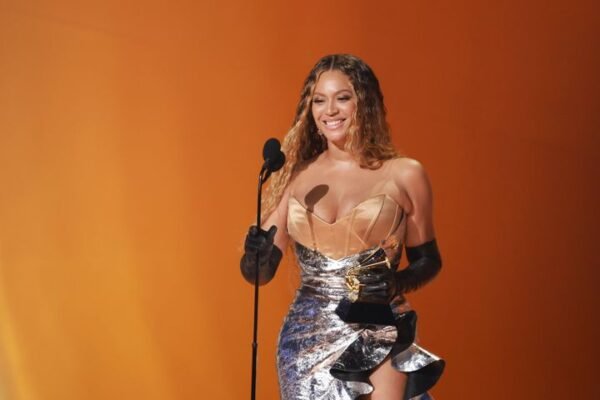
Ladies of Legacy: Women to Remember and Celebrate this International Women’s Day

Don’t let International Women’s Day pass by without giving powerful women the recognition they deserve. Women are smart, slick, practical, and loyal – and you’ve likely taken inspiration from other women over the years.
International Women’s Day was first marked by the United Nations back in 1975, however, it feels like the occasion has only received proper attention in recent years. For example, gender equality was not as recognised or prioritised in UK schools in the 1980s as it is today, so discussions surrounding IWD were scarce or non-existent.
We have seen improvements but there’s still a long way to go. Teaching young children about International Women’s Day is crucial because it promotes gender equality, challenges stereotypes, and encourages healthy relationships. As a parent, if you’re unsure where to start, here are nine influential women you should educate your children on this year.
Women in Arts and Culture
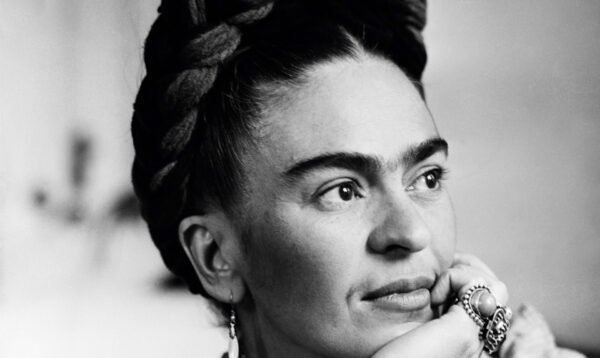
Girl power has been a theme across arts and culture throughout history. This IWD, teach your kids about the strength, resilience, and ingenuity not only of modern stars, but those from ‘back in the day’, too. From literature to music, dance to visual arts, we have a lot to be thankful for.
Frida Kahlo – Mexican painter Frida Kahlo is a prime example of what it takes to stand in the face of adversity, and the type of rewards you can expect for doing so. Her character, activism, and talent has made her a strong role model not just to other artists, but women in general.
Beyonce – Music megastar Beyonce proves to be a strong, influential woman in the arts sector. Often regarded as the most powerful woman in music, the most-awarded Grammy superstar is also a dominant advocate for change. Young girls today look up to her and many more generations will continue to.
Harper Lee – Acclaimed writer Harper Lee is best known for her Pulitzer prize-winning novel How To Kill A Mockingbird. The book challenges serious issues such as racial inequality and is still taught in schools today… even though it was published over 60 years ago. That’s a sign of an influential writer! If they’re in year seven or above, purchase a copy of this book and pop it in your children’s backpack.
Women in Medicine
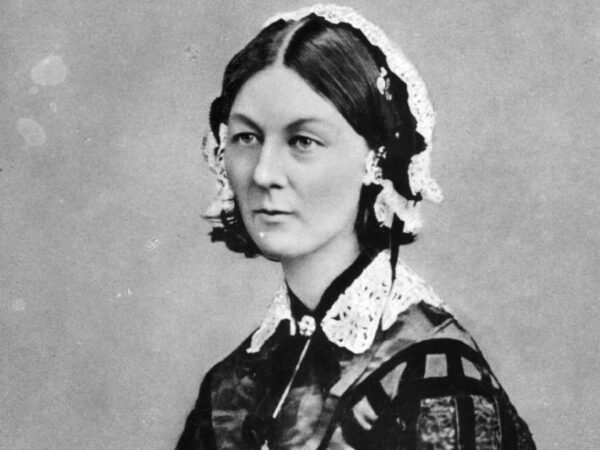
Women have been making important contributions to medicine since early civilisations. However, female participation levels have historically been much lower than men. Despite this, the field wouldn’t be as successful as it is today without women, including the below three.
Elizabeth Blackwell – Some children will be shocked to learn that once upon a time, women had no presence in medicine whatsoever. It was Elizabeth Blackwell, an English-American physician born in 1821 Bristol, who fought to study medicine and eventually became the first woman to receive an M.D. degree from an American medical school.
Men continued in their efforts to prevent her from pursuing a career– despite her qualification – so Blackwell went on to open her own medical practice. She was, and remains today, a resounding inspiration to millions of women.
Florence Nightingale – Often referred to as the founder of modern medicine, Florence Nightingale was responsible for looking after injured soldiers during the Crimean War. Additionally, she worked to improve conditions in military hospitals.
Her work both during and after the war has saved countless lives, and she’s considered a crucial figurehead in the medical field. Without her research and perseverance, we might not have the same invaluable data and hygiene practices that we have today.
Marie Curie – We must give thanks to Marie Curie, the Polish and naturalised-French woman who pioneered research on radioactivity. In 1903, for her research in “radiation phenomena”, Curie became the first woman to receive a Nobel Prize.
She is still fondly remembered today, especially for her discovery of radium and polonium, as well as finding treatments for cancer. This International Women’s Day, make sure your children hear about the one and only Marie Curie.
Women in Politics and Activism
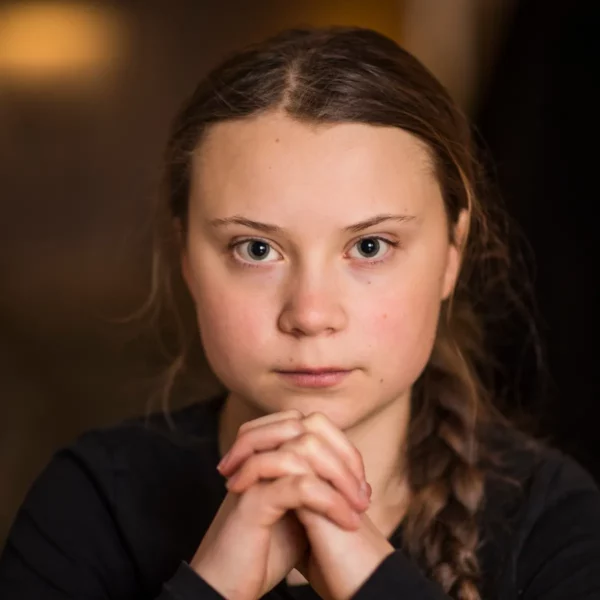
Women have come a long way in UK politics. In 2022, female representation in the House of Commons reached a record high at 35 per cent. Without brave, determined women like those we’ve listed below, it’s safe to say the numbers would be nowhere near a third.
Wangari Maathai – Born in 1940, Wangari was a Kenyan environmental and political activist who dedicated her life to promoting conservation, women’s rights, and democracy. In 2004, she was the first African women to receive a Nobel Peace Prize for “her contribution to sustainable development, democracy, and peace.” She deserves to be discussed this IWD.
Malala Yousafzai – As the world’s leading advocate of inclusive education, you should take the time to tell your children about the life and work of Malala Yousafzai. In 2012, she received world-wide attention when she was shot by the Taliban in an attempted assassination. Her crime? Speaking out publicly on behalf of girls and their right to an education.
Greta Thunberg – It’d be difficult to find a young person who doesn’t already know about Greta Thunberg and her work against climate change. Maybe this will be a conversation that your children lead, and educate you about? Her activism has led to worldwide protests and contributed to helping the environment in countless ways.
“Women hold up half the sky”
This article has discussed only nine of the millions of women who have used their courage, knowledge, and talents to make a meaningful difference to society. Children need to know about the women who have made fundamental contributions to create the kind of world that they know today. Knowledge is power.
This International Women’s Day, open discussions around gender equality and stereotypes, and take the opportunity to educate your kids on influential women. Not just those listed here, but beyond that. Carry out additional research so that you become a hub of knowledge when it comes to influential women and their gift. It’s the least we, as a gender, deserve!























